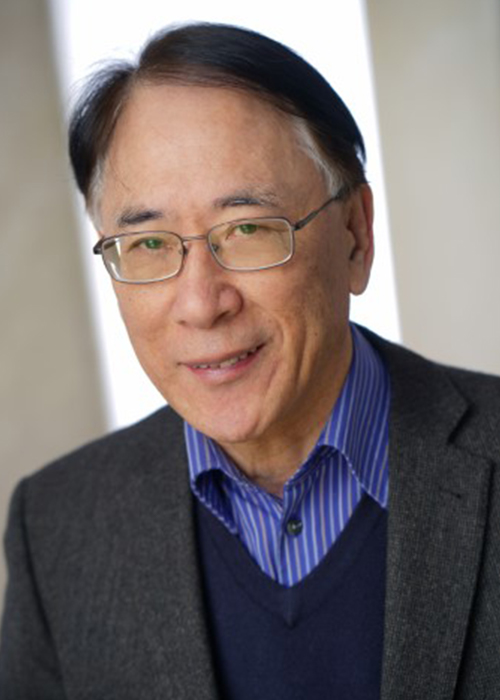
Hoyun Lee
Senior Scientist, Health Sciences North Research Institute
Full Professor, Medical Sciences Division, Northern Ontario School of Medicine
Full Professor, Medicine, University of Ottawa Medical School
Professor of Biomolecular Sciences and Biology, Laurentian University
Chair, Northeastern Ontario Cancer Therapeutics Research Initiative (CTRI)
Dr. Lee received his Master's Degree in Microbiology from the University of Guelph in 1988, and his Ph.D. in Molecular Virology from the same university in 1992. From 1992 until 1994 he was a Research Associate in the Department of Biochemistry and Molecular Genetics at the University of Virginia Medical School. He was then appointed to Assistant Professor in the Department of Radiation Oncology at the same university. Dr. Lee came to Sudbury in 1996 and has been a scientist in the Tumour Biology Group at North East Cancer Centre/Cancer Care Ontario/Health Sciences North (HSN).